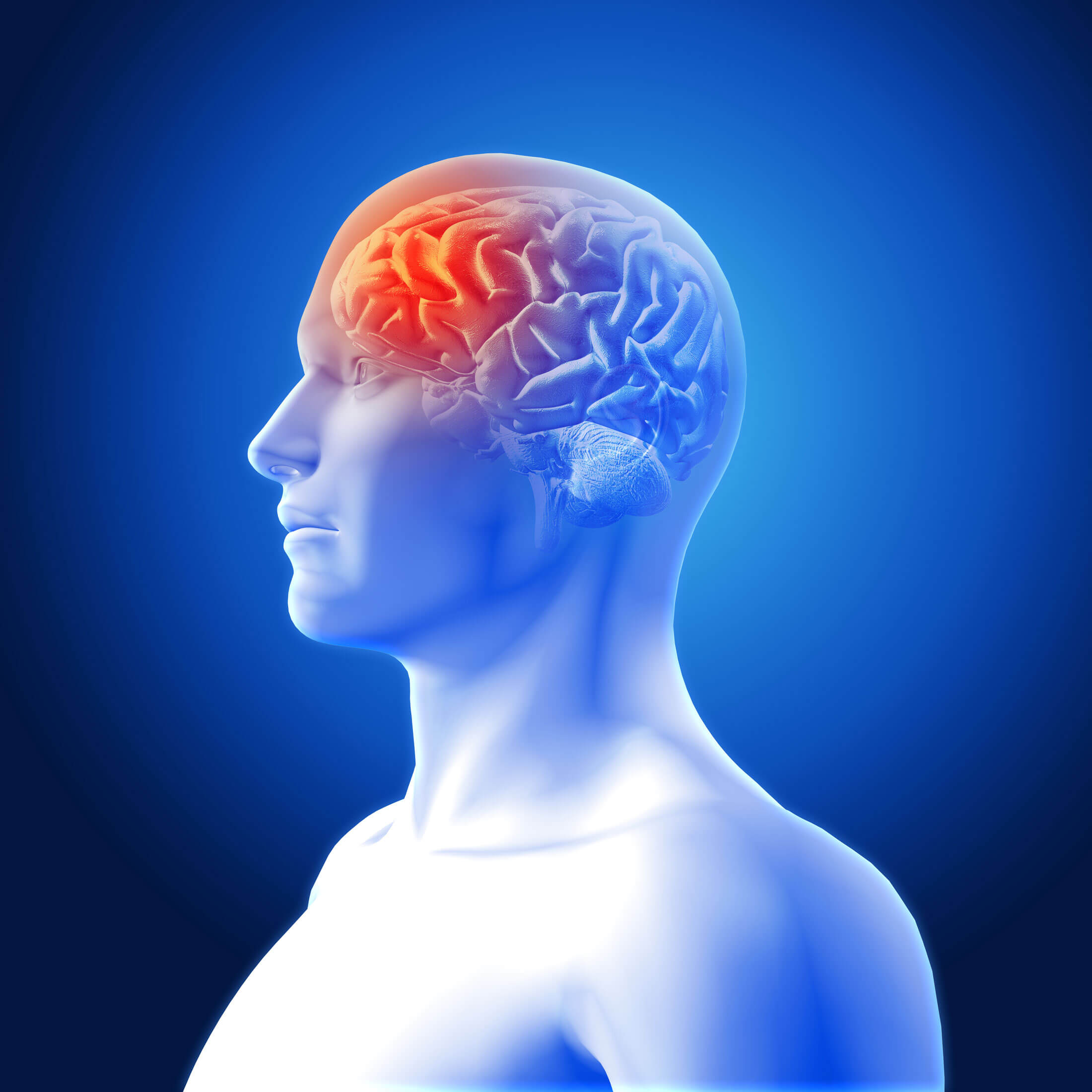The Neurology Department responds to the entire range of neurological diseases, whether chronic and regular, or emergency cases.
The Neurology Department encompasses the following:
- Emergency cases
- Hospitalization
- One-Day Clinic (ODC)
- Daily outpatient clinics
The following neurological diseases are addressed at the Neurological Department day clinic.
- Cerebralvascular accident (stroke)
- Demyelinating diseases (e.g. multiple sclerosis)
- Parkinson’s disease and other extrapyramidal diseases
- Alzheimer's disease and dementia (Memory Center)
- Primary/secondary epilepsy and other disorders of consciousness
- Diseases of the peripheral nervous system (e.g. polyneuropathy, myopathy, myasthenia, motor neurone disease)
- Headache Clinic (Every Tuesday 12:00-15:00 by appointment)
- Neurophysiology Department
- Electromyography
- Electroencephalography
- Evoked potentials
- Injections of botulinum toxin for the treatment for spasticity and dystonia (e.g. Dysport)
- Telemetry (long-term monitoring for the study of epilepsy and neurological sleep disorders)
- Memory Center
- Cognitive function test
- Cognitive rehabilitation
- Neuropsychology
The Metropolitan Hospital Neuropsychology Department offers comprehensive neuropsychological assessment that can help in the diagnosis and treatment of patients with neurological disorders.
The Neuropsychology Department is a branch of applied psychology that deals with the brain/behavior relationship. The clinical neuropsychologist applies this specialized knowledge in the evaluation, diagnosis, treatment and rehabilitation of patients with neurological, medical, neurodevelopmental and mental conditions (e.g. dementia, cognitive function impairment, traumatic brain injuries, brain tumors, intellectual disability-IQ, behavior disorders, etc.)
The clinical neuropsychologist applies a number of weighted/psychometric tests to examine cognitive function and to compose the neuropsychological profile with the patient’s strengths and weaknesses. This information is extremely valuable in the proper and early diagnosis and later in the design and application of the appropriate treatment strategy.









































